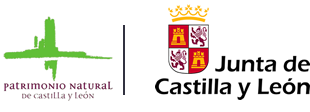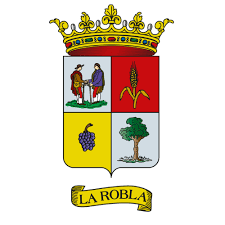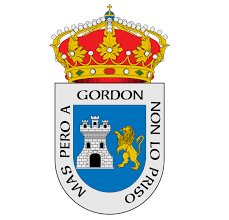Respect trail and road closures;avoid trespassing on private land.
Recognize different types of soils and trail construction; practice low-impact cycling. Wet and muddy trails are more vulnerable to damage and erosion. When the trail bed is soft, consider other riding options. This also means staying on existing trails and not creating new ones. Don’t skid. Don’t cut switchbacks. Be sure to pack out at least as much as you pack in.
Inattention for even a second can cause problems. Obey all bicycle speed regulations and recommendations.
Let your fellow trail users know you’re coming. A friendly greeting or bell is considerate and works well; don’t startle others. Show your respect when passing by slowing to a walking pace or even stopping. Anticipate other trail users around corners or in blind spots. Yielding means slowing down, establishing communication, being prepared to stop if necessary, and passing safely.
All animals are startled by an unannounced approach, a sudden movement, or a loud noise. This can be dangerous for you, others, and the animals. Give animals extra room and time to adjust to you. When passing horses, use special care and follow directions from the horseback riders (ask if you are uncertain). Running cattle and disturbing wildlife are serious offenses. Leave gates as you found them, or as marked.
Know your equipment, your ability, and the area in which you are riding – and prepare accordingly. Be self-sufficient at all times, keep your equipment in good repair, and carry necessary supplies for changes in weather or other conditions. A well-executed trip is a satisfaction to you and not a burden to others. Always wear a helmet and appropriate safety gear and never use earphones.
The practice of mountain biking is a tourist and sporting activity that involves risk and requires the user to have sufficient physical and technical skills to handle the bike and deal with the vicissitudes that may be encountered on the routes. If you do not have sufficient preparation or physical or technical skills, you should not take the risk voluntarily or you should choose a route adapted to your ability.
In any case, being a member of a sports federation will provide you with accident and civil liability insurance that will cover you for the risks or damages that are contracted by the respective sports federation.
The routes are carried out at the sole risk and responsibility of the person who decides to follow them. Neither the promoters nor the agents involved in the design and signposting of the route are responsible for any accident or change of route, the signs and posters being merely indicative and subject to variations that may occur over time, as a result of the weather and vandalism or malicious deterioration.
It is very necessary to carry a detailed map of the area where you are.
It is necessary to respect traffic regulations in urban areas and on the roads along the routes, as well as the indications of the Traffic Agents, at all times.












© 2023 ZONA ALFA | AVISO LEGAL | POLÍTICA DE PRIVACIDAD | POLÍTICA DE COOKIES
DISEÑO Y DESARROLLO WEB: PURPLE BLOB